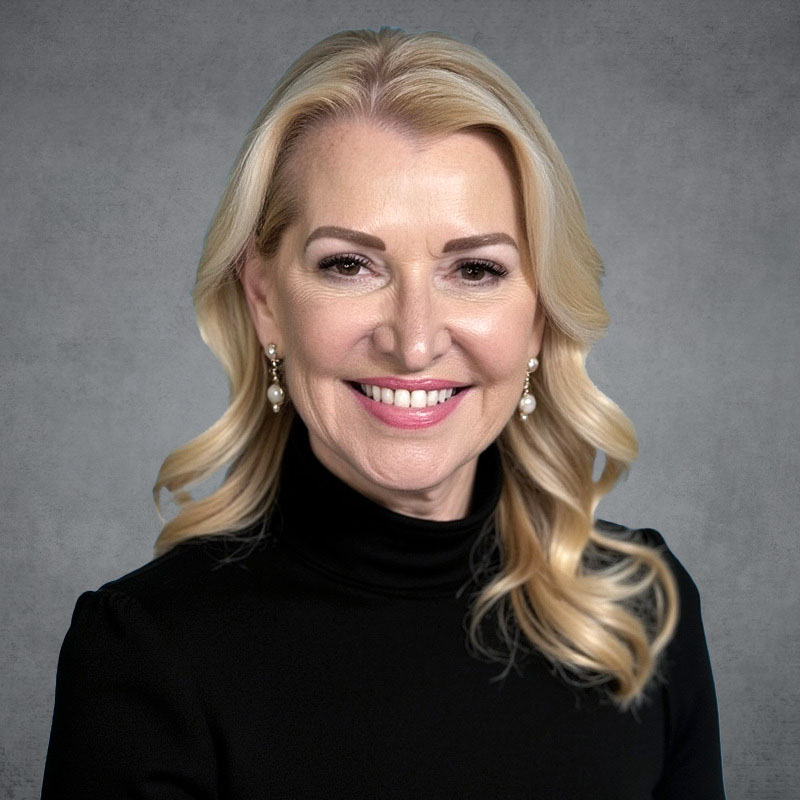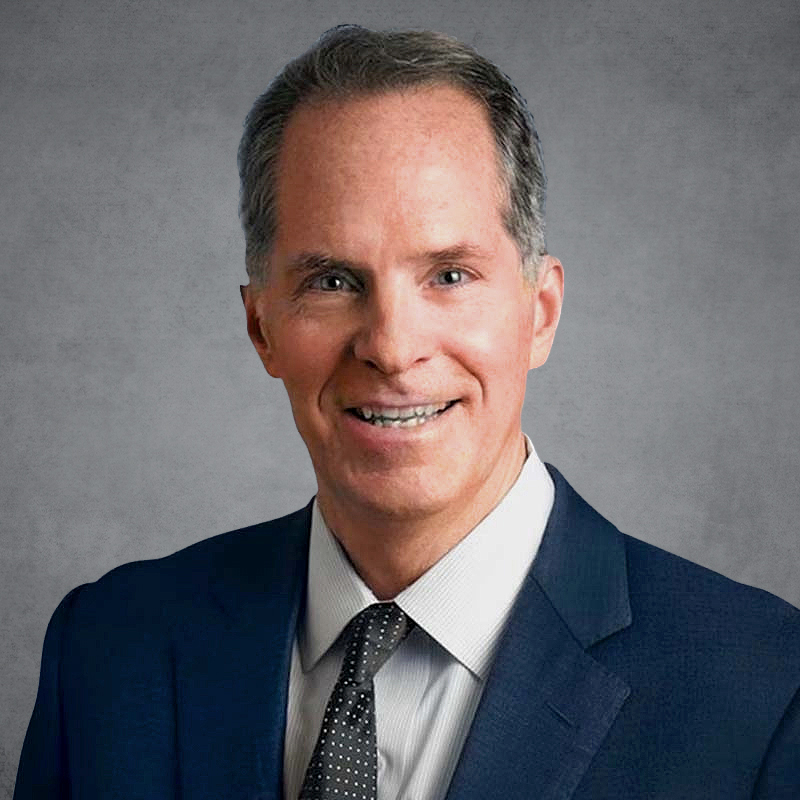
Sustainability is tricky to define since it often gets linked, fairly or unfairly, with being “green” – emissions and the carbon footprint of the brand. Coming from the perspective of a marketer, I firmly believe that the marketplace and consumers define sustainability.
-Wendy Clark
The views and opinions expressed herein are solely those of the individual authors and do not necessarily represent those of The Consello Group. Consello is not responsible for and has not verified for accuracy any of the information contained herein. Any discussion of general market activity, industry or sector trends, or other broad-based economic, market, political or regulatory conditions should not be construed as research or advice and should not be relied upon. In addition, nothing in these materials constitutes a guarantee, projection or prediction of future events or results.
Read the full Article:
Wendy Clark’s Executive Perspective
Read More
What the Backlash Against ESG Means for the Future Of Brand Building
For the past few years, the majority of the United States’ top companies have been acutely focused on incorporating ESG into their business strategies. For many of these organizations, sustainability has become an integral part of their corporate image, woven into the fabric of the company’s narrative, branding and overall identity. Well-known corporates such as Netflix, Visa and even oil and gas heavyweight, Exxon Mobil, have concentrated large amounts of resources towards ensuring a thorough ESG strategy and top-tier ESG ratings. BlackRock is a household name when it comes to promoting ESG investing, with CEO Larry Fink famously stating in his 2022 annual letter to CEOs, “We focus on sustainability not because we’re environmentalists, but because we are capitalists and fiduciaries to our clients.”1

























